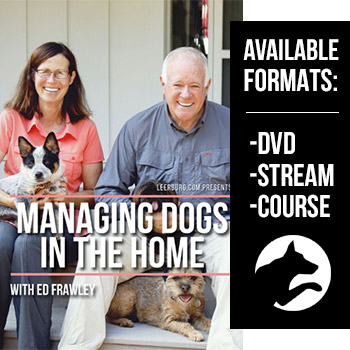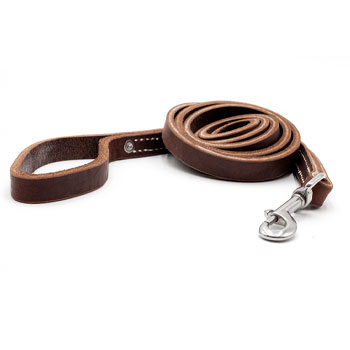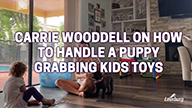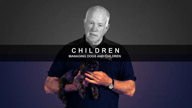How to Manage Children Around Dogs
In this essential guide, Ed Frawley addresses the mistakes many families make when children and dogs interact unsupervised or without clear boundaries. He explains why allowing children unrestricted access to a dog—expecting the dog to tolerate it—is a dangerous assumption. With practical strategies such as using crates or gates, setting household rules, and safely redirecting interactions, this article emphasizes that effective management, not permissiveness, keeps both kids and dogs safe. Examples include removing dogs during visits from young children, enforcing clear rules about toy and food handling, and teaching kids boundaries and respectful behavior around pets.
We have followed your training advice with my 18-month-old English Lab since it was 8 weeks old.
I have a problem with relatives who bring their screaming, small children. The parents expect their kids to have access to my dog.
I remove my dog from the chaos when the kids enter the house.
These relatives believe there is nothing wrong with small children getting into a dog's personal space. They make it clear that they feel I am overreacting.
What are your thoughts on this?
Unfortunately, this is how too many people approach kids and dogs.
Kids and dogs don't make good decisions when left alone. Putting them together without direct supervision and/or no rules is a recipe for disaster.
Too many people think:
- Dogs/puppies are toys for kids.
- Dogs should know not to bite children.
- They also believe that their kids should actually be at a higher level in the family pack hierarchy than their adult dog.
All 3 of these are old wives' tales. This kind of thinking is how dog bite accidents happen.
On my website, I have pages full of pictures showing kids that have been bit by their family dog. Most of those bites are face bites.
Allowing children to have unsupervised access to your dog falls under the category of "EVERYTHING IS OK—RIGHT UP UNTIL IT'S NOT".
When children are pestering a dog, the dog often gives off warning signals that it doesn't like what's happening. Unfortunately, children don't recognize these signals so they continue to jump on the dog, mess with its food bowl, jump on it when its trying to sleep, or try to take the dog's toys away from the dog.
When this continues and the dog doesn't have a way to get away from the kid, the dog either bites the kid or knocks them down as it tries to escape the situation. Then the parents blame the dog when in fact, it's the parents who deserve the blame for not controlling their kids and teaching the kids rules.
Now to those parents who believe their children are a high-level pack member, this is just flat wrong. How would they accomplish that? The answer is they can't.
The way to approach this is to teach the kids rules about dogs, or manage their older dogs so they don't have contact with the kids, and/or teach the dog not to have any contact with the children. In other words, they need to teach rules.
If people bring kids to our home, we put the dogs away. The fact is: OUR HOME, OUR RULES, OUR DOG. If they don't like it, tough. No one plays with our dogs except us.
There is another thing to think about if you have a puppy or soft temperament young dog. If there is one bad incident that happens (i.e. the dog is injured in some way), this can result in a lifelong issue where the puppy will grow up to be reactive around small kids and people.
We all want the same thing, that is for our dogs to grow up to be good canine citizens. Unfortunately, those people who don't manage their kids and dogs properly risk that not happening.

Have a dog training question?
If you have dog training questions, questions about your dog's health, or questions on breeding, view our Ask Cindy section. Cindy has answered thousands of customer questions. You can search through these Q&A's from our Ask Cindy search bar located on the front page of Leerburg.









Ask Cindy.